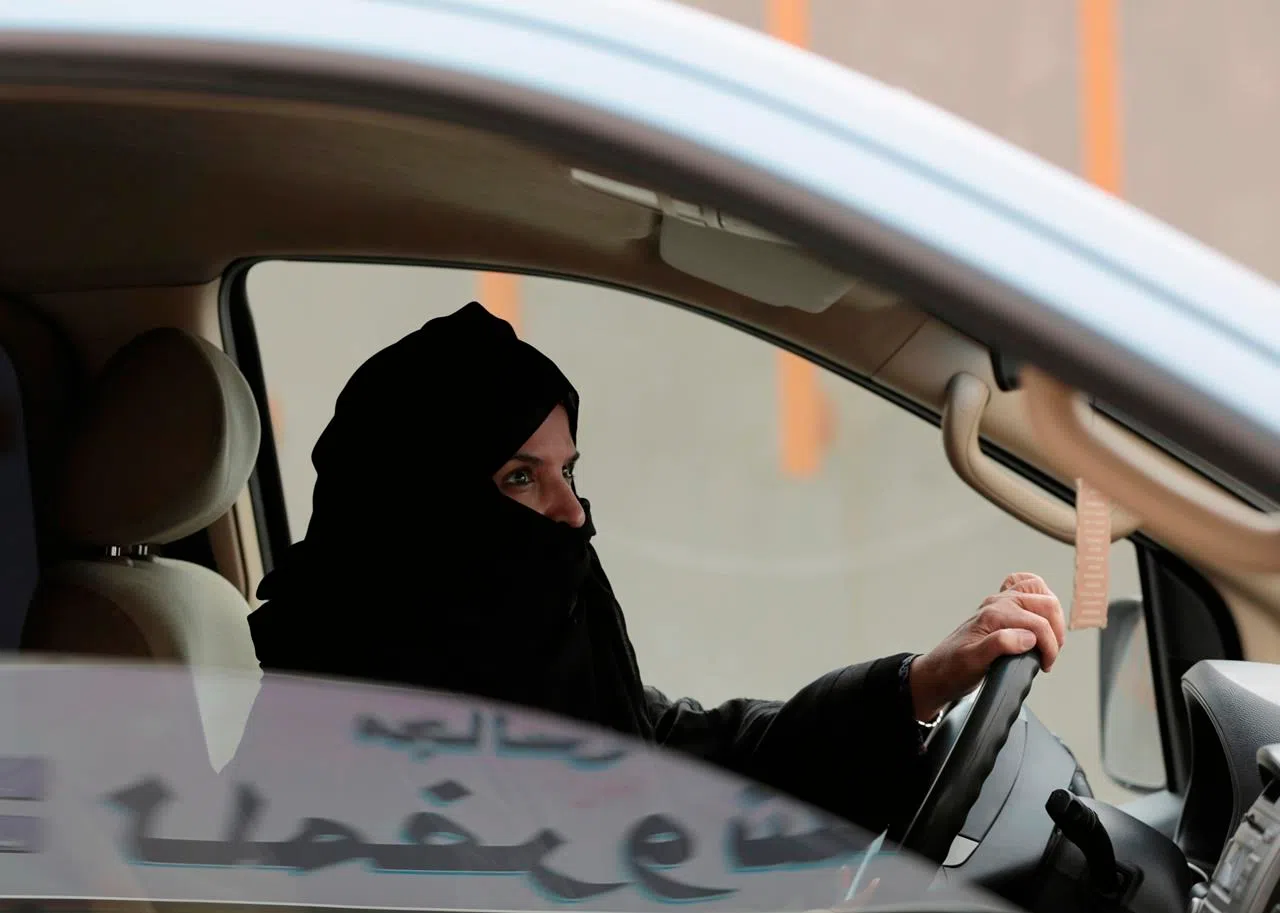
Saudi women allowed to drive in latest reform push by prince
RIYADH, Saudi Arabia — Saudi Arabia’s surprise decision to grant women the right to drive rattled society in the kingdom on Wednesday, bringing cheers from rights activists and young people and grumbling from others who say they will never let their wives and daughters behind the wheel.
It also demonstrated how the power of ultraconservatives to impose their will has weakened as the kingdom’s 32-year-old crown prince steams ahead with sensitive reforms under his father, King Salman.
The lifting of the ban is the most dramatic step yet in a campaign by Crown Prince Mohammed bin Salman to modernize the kingdom. The young royal has been promoting change to boost the country’s economy and ease international criticism, all while risking backlash from clerics and others who adhere to the ultraconservative Wahhabi interpretation of Islam.
After muscling his way into de facto power, the crown prince appears to have no immediate rivals within the royal family — and at such a young age could hold authority for decades. His ability to ram through reforms suggests conservatives, even if they represent a significant portion of the population, are unwilling to defy the crown prince and king and unable to shore up opposition from other royals and within society.

